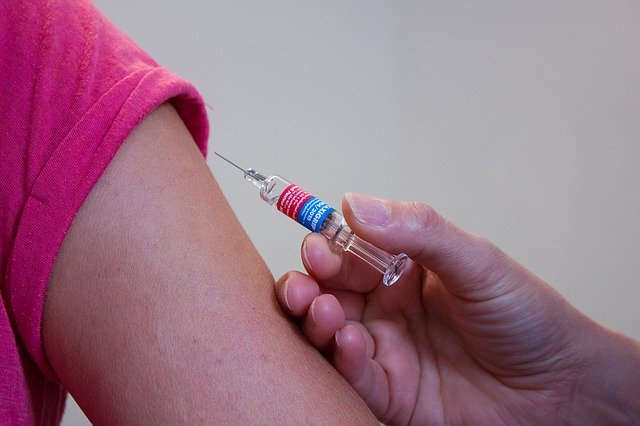Hoping for a breakthrough in the fight against COVID-19, scientists in Costa Rica are set to commence trials for a low-priced treatment based on antibodies .acquired from horses injected with novel coronavirus SARS-Cov-2 that causes the deadly disease.
The horse antibodies that have been developed by Costa Rica's Clodomiro Picado Institute (ICP), will be tested on 26 patients around mid-September. Roman Macaya, president of the Social Security Fund, that authority that is responsible for the management of public health centers, told the media.
Relying on Their Own Resources

As of now, there are 471 hospitalized COVID-19 patients in the country. Costa Rican authorities are pinning their hopes on being able to apply the treatment more extensively if results from the phase 2 study are promising. Alberto Alape, a project coordinator at ICP, told Reuters, "We are proud to know that this product will save lives until the vaccine reaches the population."
He added, "We do it with our resources, without having to stand in line or compete against other countries, as can be seen with possible vaccines." Experiments similar to that are being conducted in the Central American nation are underway in Argentina and Brazil. In Belgium, researchers are using llamas for related studies.
Hopes of Sharing Treatment With Poor Countries
According to Costa Rican researchers, the said method for designing a treatment for COVID-19 is based on the concept of using equine antibodies for the development of snake anti-venoms. The virus protein was imported from the United Kingdom and China. It was later injected into 6 horses of the 110 that the IPC employs for testing.

Once the horses had developed sufficient antibodies after a few weeks, blood was extracted. They procured antibodies from the plasma. This served as the raw material for the production of an injectable serum. The researchers said that if the experiment is successful they wish to share the treatment with other countries in the region that are poorer than Costa Rica.
"In addition to the principle of solidarity and the fact that this has been done with anti-venom for snakebites, we know that in a pandemic, one's own well-being is related to the well-being of neighbors," Alape concluded.
(With inputs from agencies)









